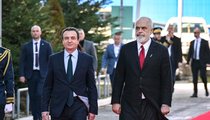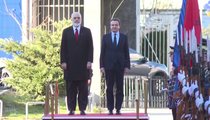Elections in Kosovo, party programs - Promises of candidates in the race for the country's leadership
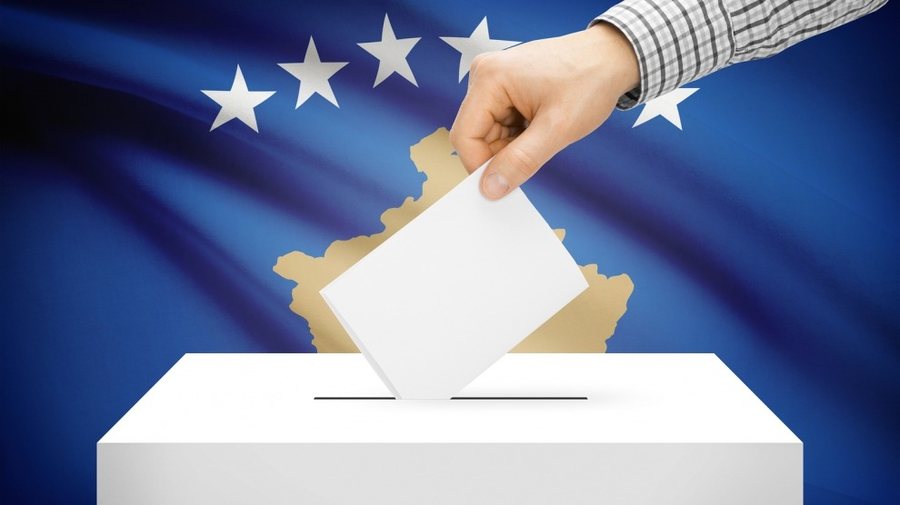
The parliamentary elections in Kosovo are widely seen as a test for Prime Minister Albin Kurti, whose party won by a landslide in 2021.
Political parties have placed at the center of their campaign pledges for the economic recovery of the country, which faces unemployment, inflation, and the need for more foreign investment.
"During the next mandate, the minimum wage will increase above 500 euros and will not be taxed. This means that even for small individual businesses, the first 6 thousand euros of the annual tax will be exempt from tax," Prime Minister Albin Kurti said during a rally.
Meanwhile, the Democratic Party's candidate for prime minister, Bedri Hamza, has promised that "in the first months of government, salaries will increase by 50 percent... and basic pensions by 70 percent, as well as contributory pensions which will be scaled according to years of work."
Democratic League of Kosovo candidate Lumir Abdixhiku emphasized that their program contains "5 billion euros in investments, 5 billion euros in budget and 5 percent economic growth... From the first week, we will significantly increase the salaries of all public servants in Kosovo, including teachers, doctors, firefighters, soldiers," he said.
The candidate for prime minister from the Alliance for the Future of Kosovo coalition, Ramush Haradinaj, has unveiled his plan for economic development, emphasizing increased investment and the creation of opportunities for businesses. The program foresees an economic growth of 7%, with a total investment of 25 billion euros, including 9 billion euros from the public sector and 16 billion euros from the private sector.
The electoral campaign in Kosovo has been characterized by an unusual approach, where political parties have conducted separate campaigns and without direct clashes between them. According to analysts, Albin Kurti's strategy has been to focus on speeches, without revealing any clear electoral program. On the other hand, the leader of the Democratic Party Bedri Hamza has been focused mainly on the economy, while Lumir Abdixhiku of the LDK has had a more organized campaign and has relegated the economy to the background.
Promises on businesses, exports
When presenting his Government's program in May 2021, Kosovo Prime Minister Albin Kurti said, among other things, that the great potential of food production in Kosovo should be used not only for domestic needs, but also for export.
Four years later, the trade balance has not changed much. Data from the Kosovo Agency of Statistics and the country's Customs show that in 2021, the value of exports to Kosovo was 775.7 million euros, while imports were 4.6 billion euros. In 2024, exports increased to 990.2 million euros, but imports also increased to 6.3 billion euros.
Even during the campaign for the February 9 elections, Kurti made similar promises. "We will provide support of up to one billion euros for medium and large investments in manufacturing enterprises. We will increase production and investment, enable reinvestment and increase exports," he said.
Rival candidates have also made similar promises. Bedri Hamza of the Democratic Party of Kosovo has said he will allocate over 6 billion euros for capital and development projects.
"We will support private businesses. In my government, there will no longer be VAT payments at the border, but within Kosovo, after the sale of products and not before," Hamza told supporters.
For Lumir Abdixhiku of the Democratic League of Kosovo, businesses create new jobs, export and reduce the high trade deficit. It is a "paradox of the times", according to him, that they still face a shortage of electricity today.
The same view, in several rallies with supporters, was also shared by Ramush Haradinaj of the Alliance for the Future of Kosovo.
At the end-of-year conference, Kurti said that, over three years, he has distributed 1.3 billion euros to businesses in the form of grants and other programs, to strengthen their competitiveness in local and international markets.
But the trade balance has never improved. Kosovo imports an average of 5 billion euros worth of goods each year, from onions, tomatoes, apples to construction materials, while exporting less than 1 billion euros worth, mainly metal and plastic products.
Local producers constantly complain about high Value Added Tax, informal economy, high interest rates on loans, lack of infrastructure, and power outages.
The distance between promise and action
Electoral promises are numerous. But how feasible are these promises? Experts say that all the projects presented by political parties would be beneficial for the country's economic development, but they are skeptical about their implementation, especially regarding wage increases.
For many economic analysts, the programs of political parties do not adequately reflect the country's needs for economic development. The current circumstances require leaders open to public-private dialogue to create opportunities for addressing core problems. According to them, a positive aspect is the lack of warnings about tax increases.
Experts explain that the current situation reflects major changes, not only in Kosovo and the Balkans, but also in the European Union and the White House. Market volatility is also expected with the imposition of tariffs by the Trump administration, which will have a global effect on trade. Among other things, Kosovo is still under punitive measures and cannot benefit from capital projects from the European Commission.
The country suffers from a lack of quality foreign investment, partly due to the ongoing crises in the north. The ongoing conflicts with the Serbian population have driven away many potential investors who were interested in setting up their projects in Kosovo.
Also, the promised wage increase is a process that requires time and major budgetary changes. But any change should be made based on an analysis of why there should be a wage increase in the public sector and what its effect will be on the private sector.
The World Bank’s latest assessment of Kosovo, updated in October last year, states that the country has made steady economic progress since independence, with an increase of nearly 50 percent in per capita income and a reduction of 35 percent in the poverty rate. However, to continue economic growth, Kosovo needs more quality jobs, through addressing infrastructure bottlenecks, investing in human capital, and creating a more favorable environment for private sector development.
According to a World Bank forecast, economic growth in Kosovo this year will be 3.9 percent, up from 3.8 percent in 2024.
With a relatively young population, land suitable for cultivating various crops, and water and mineral resources, Kosovo, with a population of 1.6 million, still has hope... but governments must turn promises into actions.
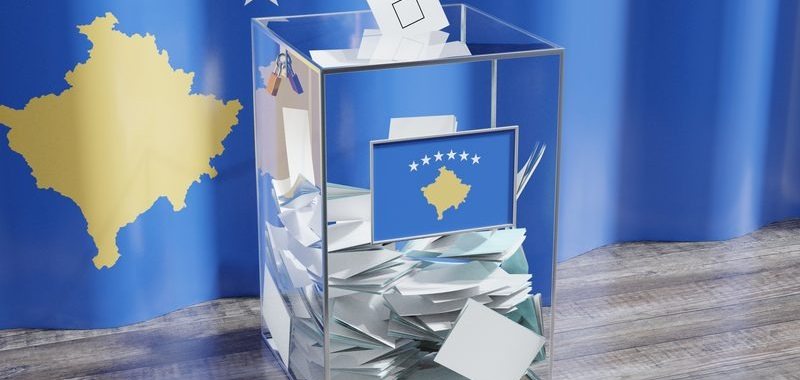
Over 2 million Kosovo citizens with the right to vote - 28 political forces are competing in the elections, of which 20 parties
Over 2 million citizens of Kosovo have the right to vote in today's elections, but over the years a significant part have not exercised their right.......
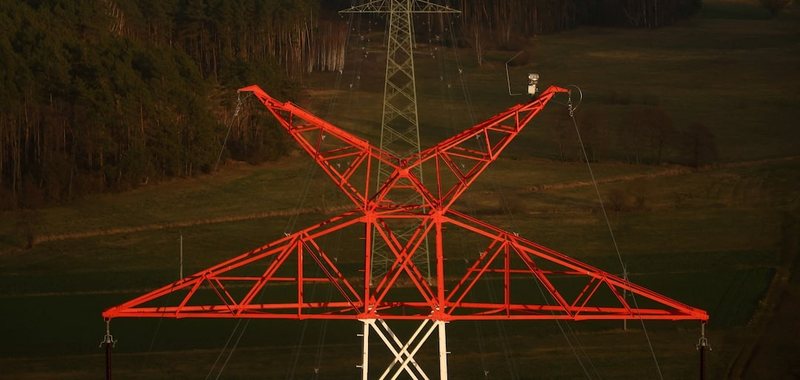
Baltic countries cut ties with Russian power grid, prepare to connect to EU!
The three Baltic states on Saturday severed ties with Russia's electricity grid to join the European Union's grid, the culmination of a years-long process......

An asteroid could hit Earth in 2032 - Scientists study its trajectory and ways to avoid it
An asteroid that has a small chance of hitting Earth in 2032 is being monitored by the European Space Agency (ESA), according to the Planetary Protection......
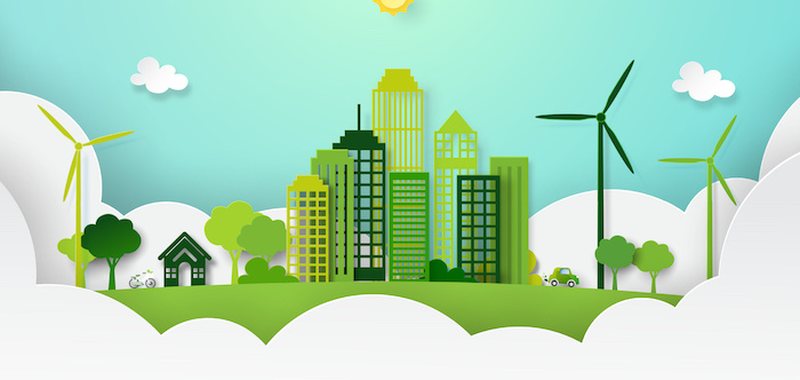
“Clean energy costs will continue to fall” - According to the report, green sources cost less than fossil plants
The cost of clean energy technologies worldwide, such as wind, solar and battery storage, is expected to fall further this year, a report showed, despite......

How much money did the KPP collect in 2024 from tenders? - The state budget collected 59 million lek in financial fees
The Public Procurement Commission, in December of last year, registered 90 complaints about public procurement. However, according to the data of the Public......
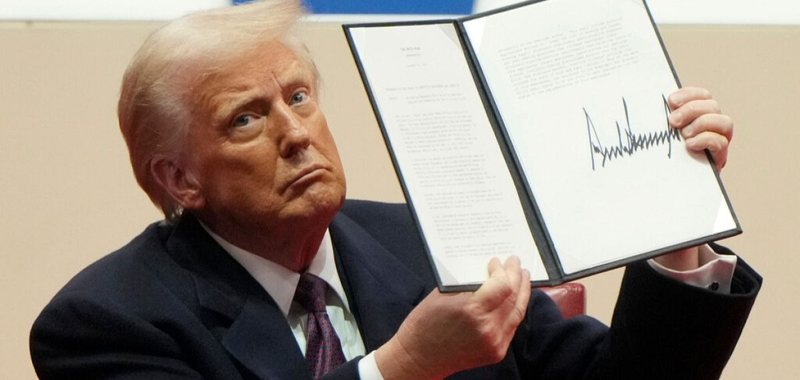
“Trump’s tariffs will shake global trade” - Bank for International Settlements warns of economic consequences
The world's leading central bank group, the Bank for International Settlements, has issued its first public warning about the risks posed by US President......
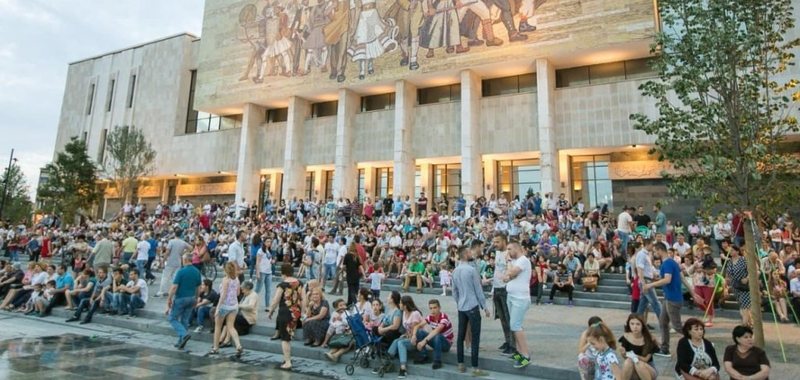
560 thousand foreign visitors in January - Kumbaro: About 14.5% more than last year. Albania, with year-round tourism
During the month of January, a total of 560 thousand foreign visitors came to Albania. Compared to January last year, there is a 14.5% increase in the number......
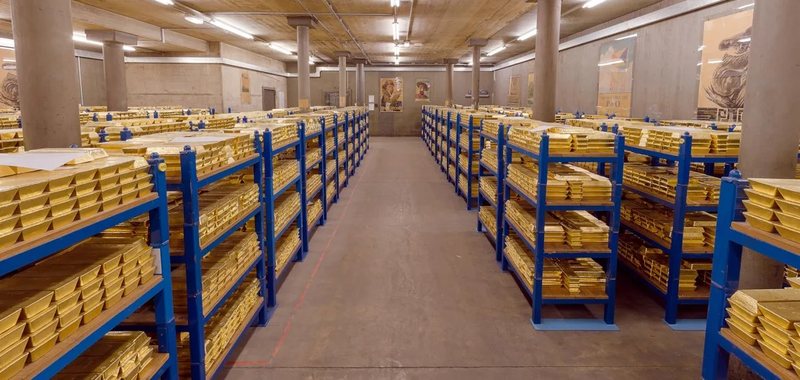
Massive withdrawal of gold bars! - Why is the second largest gold depository in the world facing this phenomenon?
President Donald Trump's tariff threats have created such strong demand for gold held in the United Kingdom that traders are facing potentially weeks-long......






